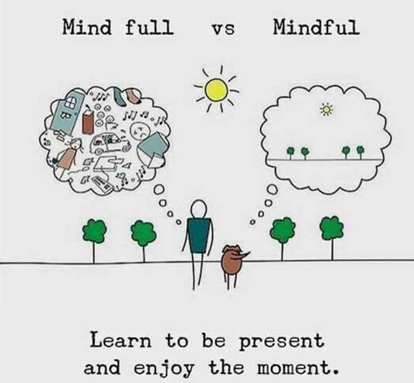
Mentorship versus Coaching: Understanding the Two

Mentorship versus Coaching: Understanding the Two
In the dynamic landscape of personal and professional development, mentorship and coaching play distinct yet complementary roles. Let’s delve into the nuances of each and explore when to leverage them effectively.
Mentorship: Guiding with Wisdom
What is Mentorship?
Mentorship is a relationship-based process where an experienced individual (the mentor) imparts wisdom, knowledge, and guidance to a less experienced person (the mentee). It goes beyond mere instruction; it involves sharing life lessons, career insights, and personal experiences. The mentor acts as a trusted advisor, offering support, encouragement, and a broader perspective.
When to Use Mentorship:
- Career Advancement: When a junior employee seeks guidance on navigating their career path, a mentor can provide insights based on their own journey.
- Skill Development: Mentoring is valuable for honing specific skills or competencies. For instance, a seasoned marketer mentoring a junior marketer on effective campaign strategies.
- Long-Term Growth: Mentorship focuses on holistic development. It’s ideal for long-term relationships where the mentee seeks personal and professional growth.
Coaching: Igniting Performance
What is Coaching?
Coaching is a goal-oriented process aimed at enhancing an individual’s performance. Unlike mentorship, which draws from the mentor’s experience, coaching emphasizes self-discovery and self-improvement. A coach helps the coachee identify strengths, overcome challenges, and achieve specific objectives. It’s about asking powerful questions, active listening, and fostering accountability.
When to Use Coaching:
- Skill Enhancement: When an employee needs to improve specific skills (e.g., public speaking, time management), coaching provides targeted guidance.
- Performance Challenges: Coaching addresses performance gaps. For instance, a sales manager coaching a team member struggling with closing deals.
- Short-Term Objectives: Coaching is effective for achieving immediate goals. It’s action-oriented and results-driven.
Key Differences:
- Structure: Coaching is structured, with defined sessions, while mentorship is more informal.
- Expertise: Coaches are skill-specific experts, whereas mentors offer broader wisdom.
- Direction: Coaching guides toward specific outcomes, while mentorship provides overall guidance.
Empowerment Through Understanding:
In short, mentoring can translate to showing someone what to do and how to do it. Conversely, coaching emphasizes showing someone why they should do something. It inspires them to take matters into their own hands to make a difference. Understanding the true nature of coaching allows us to empower and inspire our employees.
Remember, both mentorship and coaching contribute to personal and professional growth. As leaders, we need to inspire our employees, not merely instruct them. So, whether you’re guiding a mentee or coaching a team member, recognize the power of these distinct approaches and use them strategically to unlock potential and drive excellence.














































































